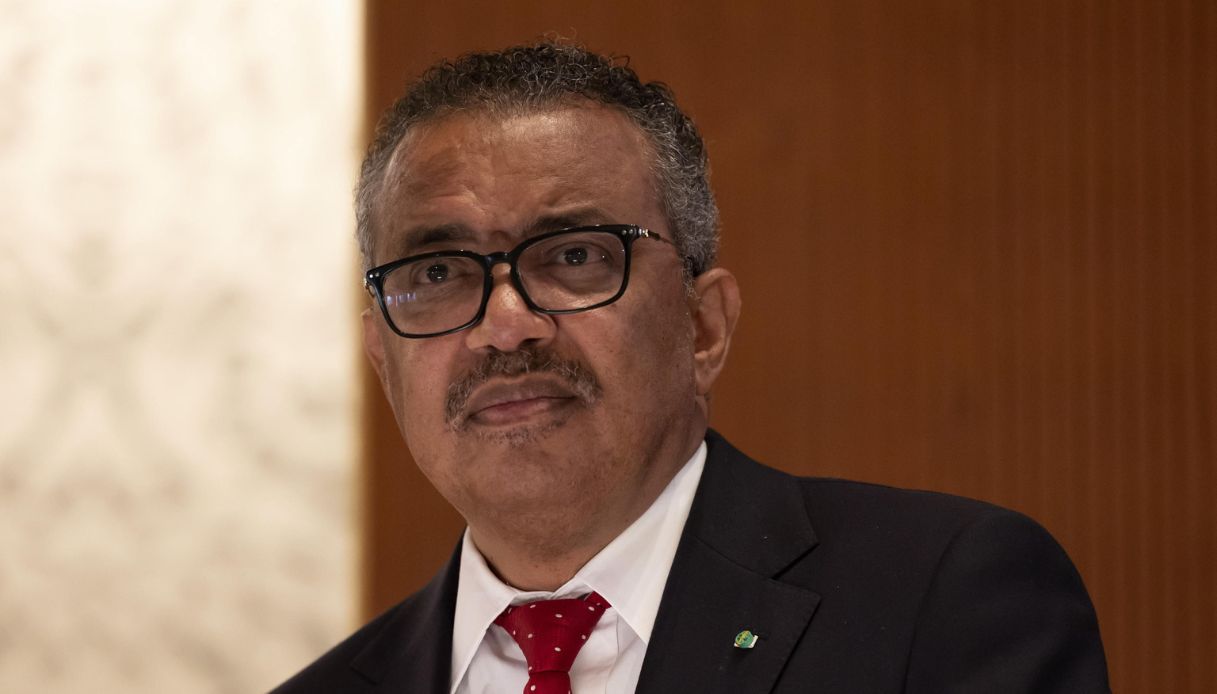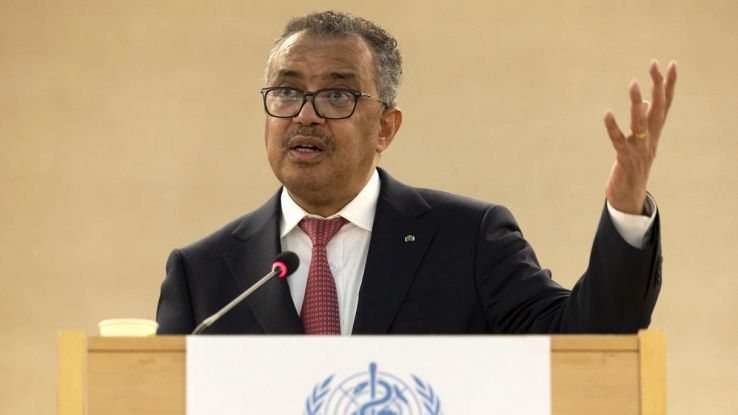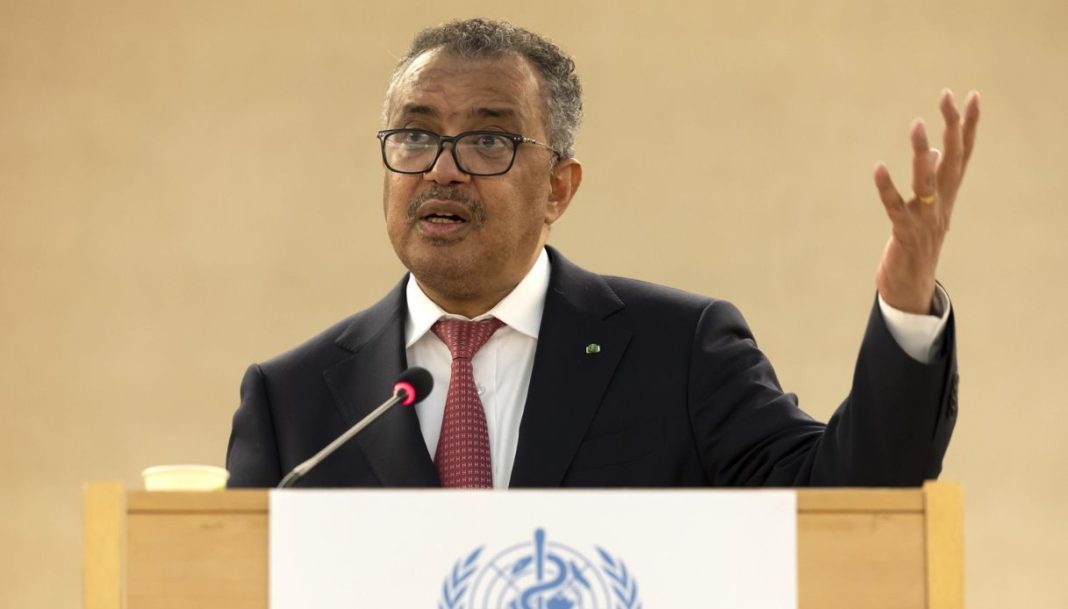“Climate change between 2030 and 2050 is expected to cause about 250,000 deaths”: the alarm raised by the World Health Organization
Posted on:
On the first day of the 2022 United Nations Conference on Climate Change (COP27) in Sharm El Sheikh, Egypt,World Health Organization A new climate alarm has been raised.
WHO alert
In a “bleak reminder,” the WHO issued a stern warning about the need to act now, seizing COP27 as a “critical opportunity for the world to come together and commit once again to keeping the goal of the Paris Agreement alive.” That is, to contain global warming as much as possible within 1.5 degrees percentage.
WHO predictions
The World Health Organization stressed that “between 2030 and 2050, it is expected that there will be Climate change will lead to about 250,000 additional deaths each year due to malnutrition” and diseases such as “malaria and diarrhea” and “heat stress”.
But that’s not all: “It is estimated that by 2030, the direct damage costs of ‘climate change’ alone to health will be between $2 and $4 billion a year.”
Warning from the World Health Organization: “The climate crisis is already affecting people’s health and will continue to do so at an accelerated pace, unless urgent action is taken.”
Director of the World Health Organization, Tedros Adhanom GhebreyesusHe explained, “Climate change is making millions around the world sick or more vulnerable to disease. Increasingly devastating weather events disproportionately affect poor and marginalized communities. It is imperative that leaders and policymakers come together to put health at the center of their negotiations.”
 Image source: ANSA
Image source: ANSA
Director of the World Health Organization, Tedros Adhanom Ghebreyesus.
There is “hope” according to the World Health Organization
The World Health Organization itself, however, specified that “there is room for hopefullEspecially if governments now act to fulfill the commitments made in Glasgow in November 2021.”
The World Health Organization noted that “the cost of renewable energy has decreased significantly in recent years” and that, for example, “solar energy is now cheaper than coal or gas in most major economies”.
The World Health Organization has asked governments to “move forward with a fair, equitable and rapid phase-out of fossil fuels and a transition to a clean energy future”. On the decarbonization front, the agency proposed a “fossil fuel non-proliferation treaty, to phase out coal and the like,” which “would represent one of the most important contributions to climate change mitigation.”

Image source: ANSA

“Reader. Travel maven. Student. Passionate tv junkie. Internet ninja. Twitter advocate. Web nerd. Bacon buff.”





